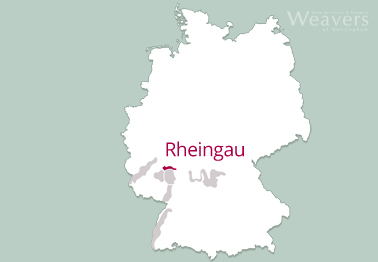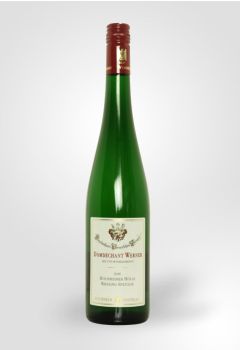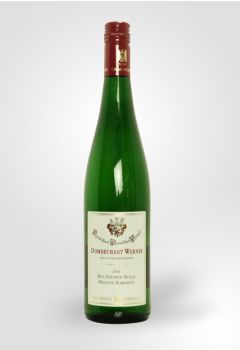
-
- Origin
- Germany
- Rheingau
The nose is rich with the natural fruit aromas of peach and apricot. Made in the Spatlese style, the sweetness is balanced in harmony against the stim... Read More- Origin
- Germany
- Rheingau
The nose is rich with the natural fruit aromas of peach and apricot. Made in the Spatlese style, the sweetness is balanced in harmony against the stim... Read More
Modest in size, the Rheingau has been spared mass plantings of inferior grapes and, unlike other regions, its reputation remained largely intact through Germany's dark days of the late 20th century. Prices have too, though the wines of the region still deliver exceptional quality for the money they cost.
Styles of Wine
Riesling is king and produces a range of styles, though dry and food-friendly is what the top producers aim for. But all the styles, in the hands of top producers, are capable of excellence and the name of the estate is the paramount means of identifying genuine quality.
Key Vines
Over four-fifths of plantings are Riesling and the vines thrive in the Rheingau. Red wines do make an appearance and the Portugieser grape can produce fine, light-bodied wines.
Climate and Conditions
Less marginal than the Mosel-Saar-Ruwer region, and with gentler slopes that are easier to manage and harvest, there are still many challenges to be met in the Rheingau. Proximity to the Rhine, which releases warmth, is important and slate in the soil is prized for exactly the same reason. The shelter of the Taunus hills to the north is also vital in achieving the necessary temperatures at these northerly latitudes.




